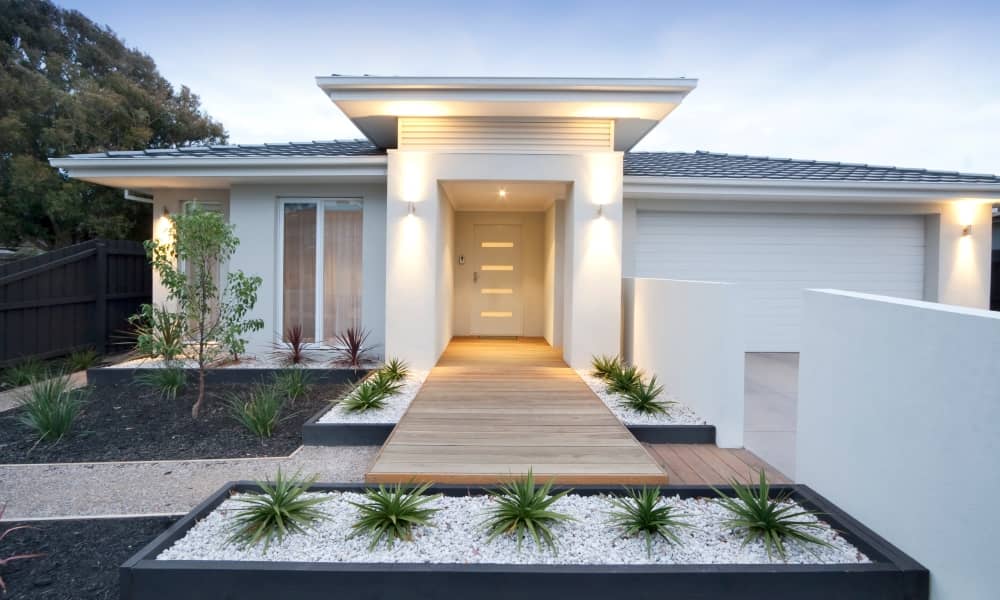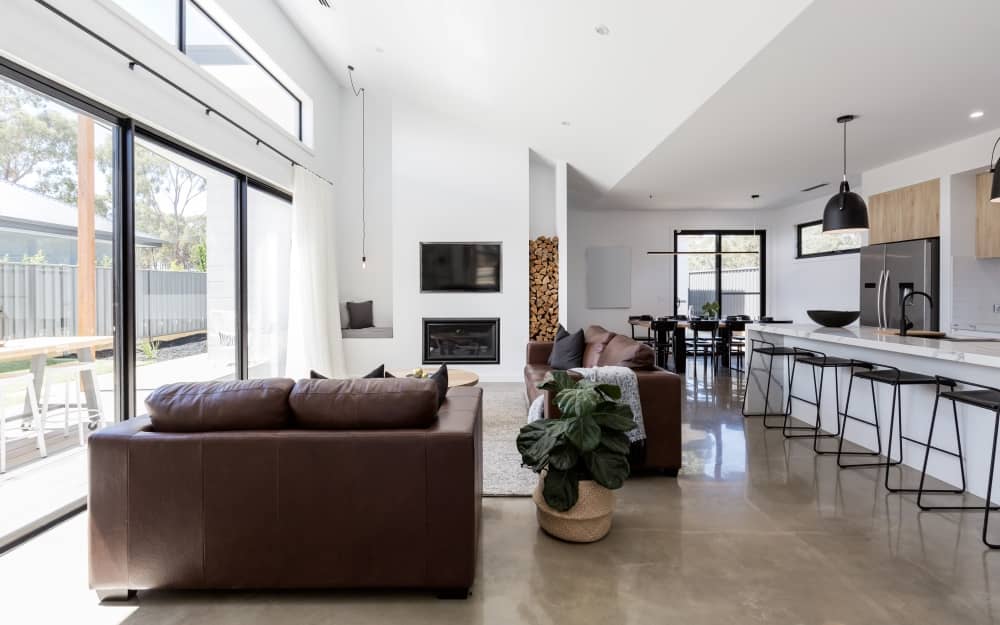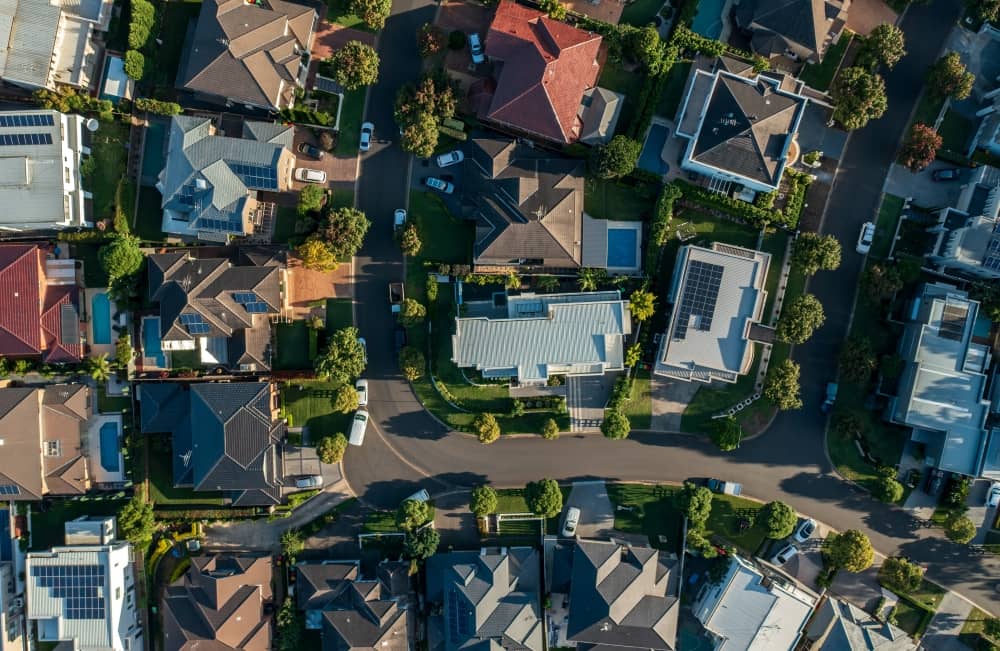Investing in property is something that the country takes part in, with over two million Aussies calling themselves landlords or property investors. And it’s easy to see why. One huge pull is that real estate is pretty straightforward. You don’t have to be an expert with years of experience to invest in a property, unlike in other types of investments, such as shares and complex derivatives. It’s also tangible, making it appealing for those looking for immediate personal satisfaction and a bigger potential for price appreciation in the future.
Because the demand for property will never go away, you, the investor, will always have a good chance of growing your investment. That is not to say that investing in property will be an easy ride – just ask the numerous novice investors who have failed in the past.
Whether you’re a beginner or have a little bit of experience in this arena, you must do your homework as thoroughly as possible. This guide is your first assignment in your quest to succeed as a property investor.
Practical Strategies for Property Investment
Getting your financial foundations right before searching for an investment property. That means working out how much you can borrow and spend. This is an essential step so you do not over-commit yourself to a property you cannot afford.
Here are some more smart strategies to employ:
1. Create a Detailed Budget
Have a realistic figure in mind once you’re ready to start your property search. You should be able to accomplish the following:
- Understand how much you can borrow,
- Factor in financial commitments, including your daily living expenses and existing debts, and,
- Establish an estimate of both costs and income relating to your future property investment.
Understand your borrowing power based on your current lifestyle and expected rental income. This helps to ensure that you only borrow what you can afford.
2. Determine How Much You Need for the Deposit
With your budget outlined, it’s time to figure out how much the deposit will cost. By now, you probably have several choices when it comes to the properties that you’d like to invest in. Generally, you have to provide 20% of the property’s total price as the deposit, so you don’t pay the lender’s mortgage insurance (LMI). You also have to factor in other costs, including legal fees and stamp duty.
The good news is that you have alternatives if you cannot afford the deposit, including leveraging the equity in your existing property. Equity, by definition, is the difference between your property’s current market value and your remaining home loan balance. Over time, the amount builds up as you repay the principal and interest of your loan, as well as some positive changes in the market.
Therefore, if you have a property, chances are you have built up some equity, which you can tap into and use to purchase a new property investment. That, or you simply pay LMI.
3. Pick Your Investment Strategy Wisely
What do you want to achieve out of your investment? This question is important and should have an answer before you even look for a property to purchase. Do you want to generate a high income and be profitable from the get-go? Or is funding a small shortfall monthly fine with you? This second option can lead to long-term profits as the property increases in value, allowing you to pay down your loan comfortably.
Knowing your investment tactic will help make your property search much quicker. You can filter your options based on two categories: a high-yield generating property or a capital growth property. Plus, you can determine the gearing strategy that will suit you best.
4. Research Property Options
It’s time to consider the type of property to buy. One of the first things to look at is the location. Is it near public transport and other essential amenities like retail, childcare, and healthcare? If so, you can bet that this property is more sought after, making it easier to find potential tenants. The problem is that these properties will generally cost more.
Here are the types of properties you may want to check out:
- Single-Family Homes: With strong demand and capital growth potential, single-family homes are often worth investing in. They are highly sought-after anywhere in the country, especially by families and professionals looking for adequate space, flexibility, and privacy.
- Apartments: More affordable than single-family homes, apartments offer good capital growth potential. Investing in flats allows you to diversify your portfolio and even gain a higher rental yield. However, there are challenges, such as oversupply in certain areas, along with high strata fees and reduced control over property management.
- DHA: Investing in DHA properties can be attractive for investors like you because of the benefits you can get, such as long-term leases that run anywhere from nine to 12 years. Rent is also guaranteed even if no tenant resides in the property or, perhaps, they have difficulty paying the rent. DHA will also take care of the property, including repairs and maintenance. It surely is one of the best investment options out there, especially if you have experts like R&W Investment Sales by your side.
- Commercial Properties: A commercial investment property, including retail and office spaces, can provide high rental yields and long-term leases. There’s also a chance of rent increases each year, allowing you to keep pace with market trends and rising costs.
- Holiday Rentals: Although more expensive than most other types of properties, holiday rentals can give you high rental income depending on the season. It’s usually a short-term benefit, but some investors gain from it nonetheless.
- Development Projects: Investing in development can be risky. However, when done right (as with other investments) can be quite lucrative. Expect entry costs to be extremely high, but the profit potential is excellent. It’s also a good way to diversify your portfolio to spread risk across varying property types, markets, and strategies.
Do your research regardless of the property type, specifically on the demographics of the suburb, location, amenities, and average market prices.
Is Buying Property an Investment for You?
Investing in property is not an event; rather, it is a process. Things should be done in the correct order so it works. Contrary to what many people think, selecting the property to invest in is not the first and not even the second step in the process. It comes right at the end. And the property you purchase will be based on your answers to a sequence of questions and decisions you must make before looking at locations.
Unlike buying a home to reside in, your investment property goal is to make money. To help you make the decision, take a look at the pros and cons when it comes to investing in any type of property:
- Pro: You’re dealing with a tangible asset. It’s also less volatile compared to other investments. You can do it alone or have an expert guide you throughout the process. It’s also relatively easy to get a loan from a bank if you have a good record to back you up. Often, standard lending from banks will help you pay the deposit or even the purchase price of the property.
- Con: Buying a property is costly. On top of the property’s price, you also have to pay additional costs, such as legal fees, stamp duty, and pest and building inspections. When it’s time to sell, it can be expensive, considering there are real estate agent fees and capital gains tax to worry about.
- Pro: Speaking of tax, you can gain some tax benefits from your investment property, which may be tax deductible. Be sure to talk to your accountant or check with the ATO to get more information. You can also use losses from a negative gearing strategy (income is less than the expenses) for a tax deduction.
- Con: This is where tax-related issues get complex. You will have to pay capital gains tax should you decide to sell the property. And although the negative gearing strategy may benefit you, it also means you rely on capital growth to get any investment return. It’s not a good strategy if you have the insufficient cash flow to fund the loss.
- Pro: There’s a potential for high returns in the future, particularly if the property’s value increases over time. Many investors also turn to positive gearing, where the property income is higher than the expenses.
- Con: Although you may benefit from high returns, the truth is that investments have no guarantees. You will need to research various factors, including capital growth, rental property income, and ongoing costs, which all affect your ROI.
As with any investment, you need to be clear on your goals when it comes to buying an investment property. DHA housing may be what you’re looking for if you want to diversify your investment portfolio. These properties are different from conventional residential properties as they can provide guaranteed rent and long-term leases, among others.
If you would like to speak to a Defence Housing Australia specialist, we can help. Give us a call so we can guide you in your DHA property sale or purchase.


